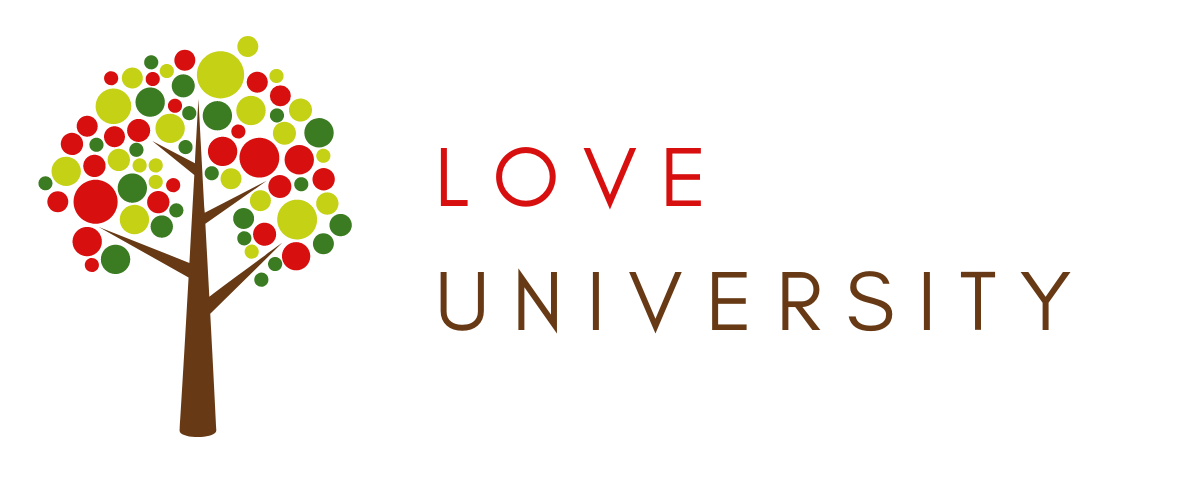Upcoming Pop-Up Classes:
Scroll down for all classes 🌼
Conscious Parenting Workshop
Wednesday, October 8th, 2025 from 6 - 7:30pm
Join Suzy Blais for an introductory workshop on Conscious Parenting. This approach invites us to shift how we understand our relationships—moving away from trying to control outcomes in others and instead focusing on our own growth, healing, and emotional integration. Participants will learn the foundational pillars of Conscious Parenting and discover practical ways to foster maturity, connection, and resilience within themselves and their families.
This workshop is open to anyone interested in exploring how their early attachments, beliefs, and experiences influence parenting today. If you're a parent, plan to be one, or are simply curious about the connection between our childhood programming and our present lives, you're welcome to attend.
Contribution range $15-30
Suzy Blais is the founder of Green Mountain Conscious Parenting LLC. You can go directly to her site, RSVP or ask a question here, or learn more about Suzy here.
Women's Circle: Divorce Support & Discussion
We meet every other Wednesday from 6 to 7:30 pm
This is an invitation to be together, in the company of other women, to share experiences and process the emotional journey that divorce may bring, through facilitated discussion. The intention is to create a safe and supportive space to express, listen, connect, and reflect as a community. Whether your divorce is recent or years behind you, all are welcome to bring their unique perspectives and wisdoms.
This group is facilitated by Casey Kipp, a Wellness Coach with a BSW and certifications in yoga, mindfulness, and ayurvedic practices.
Past Pop-Up Offerings:
Seasonal Affective Disorder:
Working with the Darker Days
Seasonal Affective Disorder (SAD) is a common experience in Vermont. We empathize with those of you who find this time of year extra challenging. In this two-hour workshop, we will move beyond tools, tips, and techniques (everyone already knows to take vitamin D and get a happy light) and explore how our perspectives shape our relationship with the darker, colder months.
Through dialogue, journaling, and storytelling, we’ll explore our beliefs and experiences of winter, inviting in the possibility of a perspective shift. Together, we’ll explore new ways of seeing and being, from childhood memories of snow play to honoring the slower pace of winter as nature’s invitation to pause, as well as discussing the hardships frequently experienced during the winter season.
Our hope is that you’ll leave with a deeper understanding of how your beliefs influence your experience of winter and an openness to embracing this season with curiosity and compassion.
Blind Spots
Blind spots are conditioned ways we interact that become so normalized that we don’t see them. For example, I may have lived with anxiety for most of my life. Because the anxiety became a part of my day-to-day existence, I didn’t see it anymore. Without knowing it, I would project my anxiety onto my relationships and blame others for making me feel unsafe. By building awareness of this blind spot I can begin to take ownership of it, stop reacting to it, and begin to understand what the anxiety is and potentially let it go.
In this class, we will dive into…
How and why blind spots develop.
Normalization, conditioning, and adaptation to dysfunctional family and educational systems.
How blind spots can create unintentional harm to oneself and others.
How power and hierarchy impact relational dynamics and how this relates to blind spots.
The power of awareness in seeing and letting go of blind spots.
How communication and dialogue can help bring light to blind spots in a non-threatening way.
Write Your Own Obituary
(What could be more fun?!?)
Please join me for a unique and meaningful 90 minute workshop where we’ll explore our own mortality—by writing our own obituaries.
We’ll begin with a bit of gentle movement (inspired by yoga and Qi Gong) to get the blood flowing and spark our creativity. Afterward, we’ll settle in for a guided meditation on death, inviting us to gently and peacefully contemplate the reality of our own mortality. Then, you’ll have quiet time to craft your own obituary—writing about the life you’ve lived, the mark you hope to leave, and what you’d like others to remember. We’ll wrap up with a heartfelt dialogue and the opportunity for anyone who feels called to share their reflections.
It’s often said that those who contemplate their own deaths live richer, more authentic lives. This is your invitation to step into a welcoming, supportive space and face a subject most of us, ironically, spend our lives avoiding. Come with an open mind and a lightness in your heart, ready to approach this with curiosity, creativity, and maybe even a little laughter.


